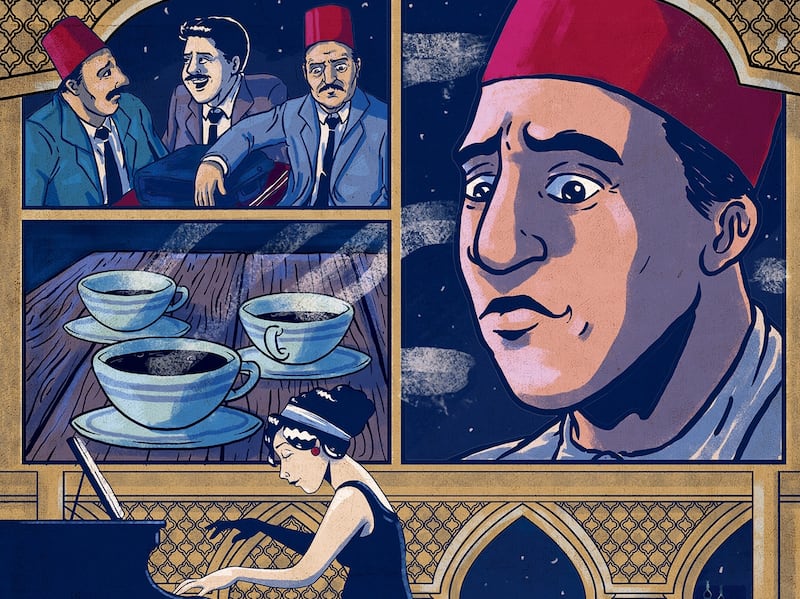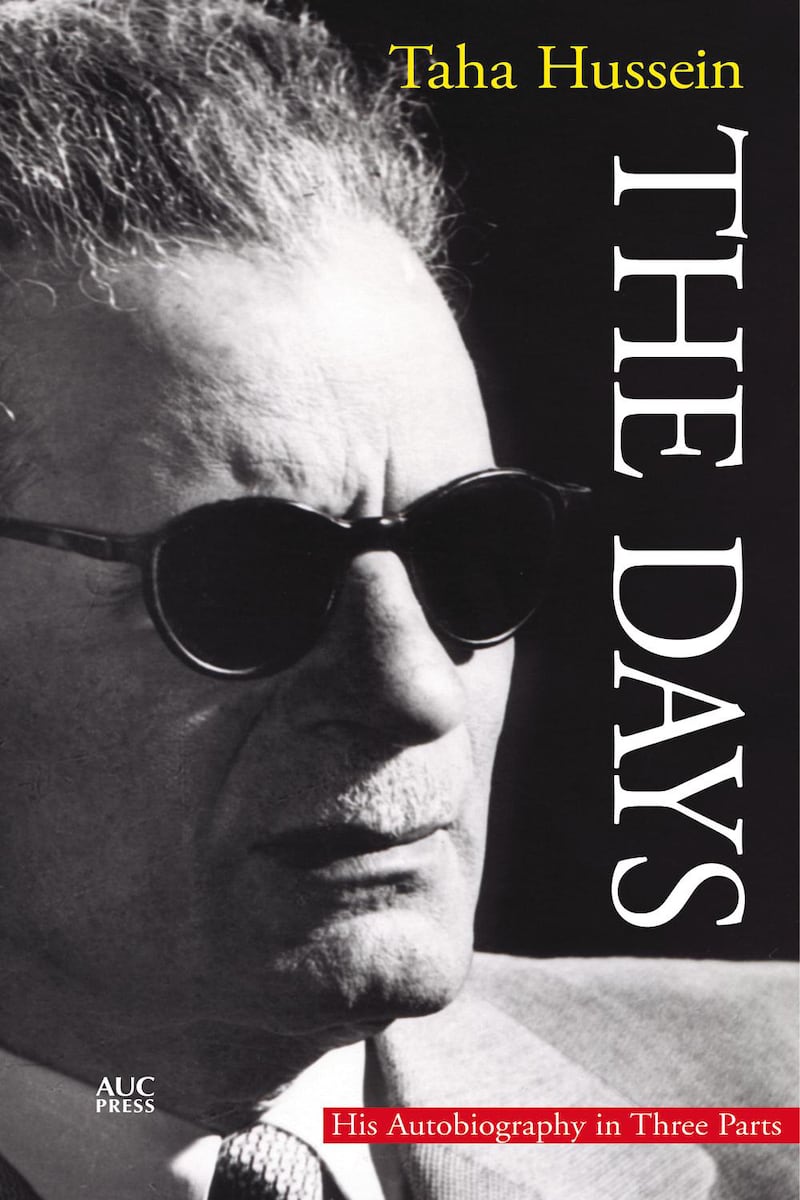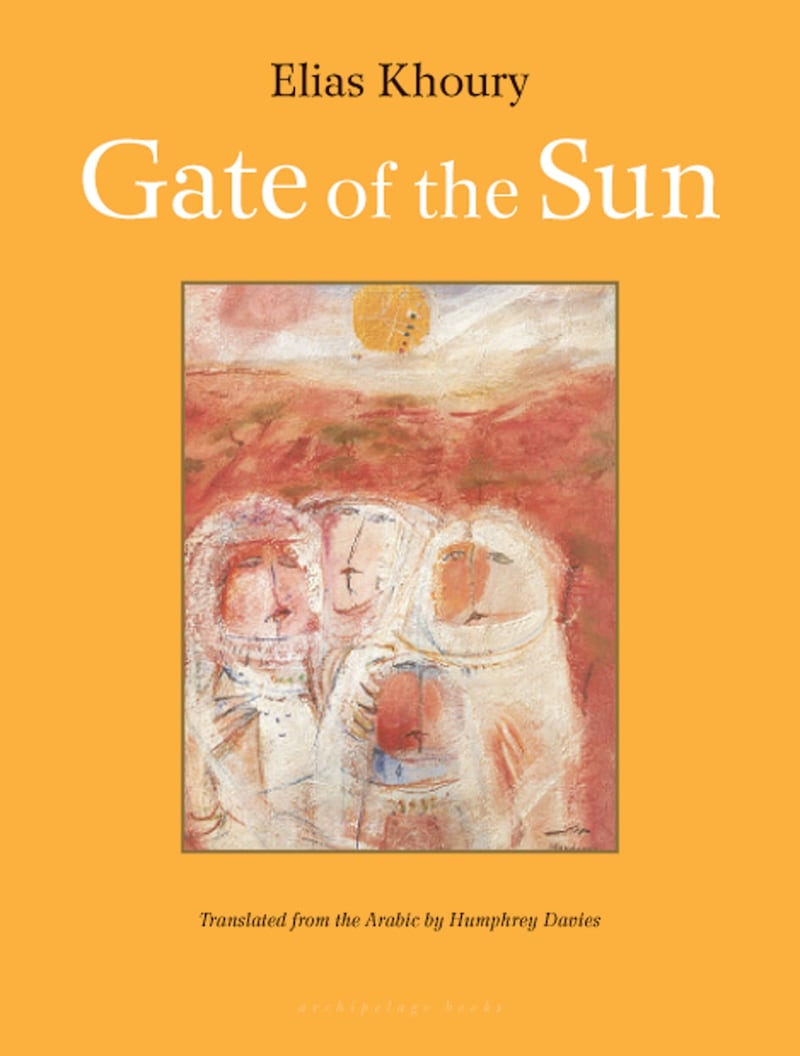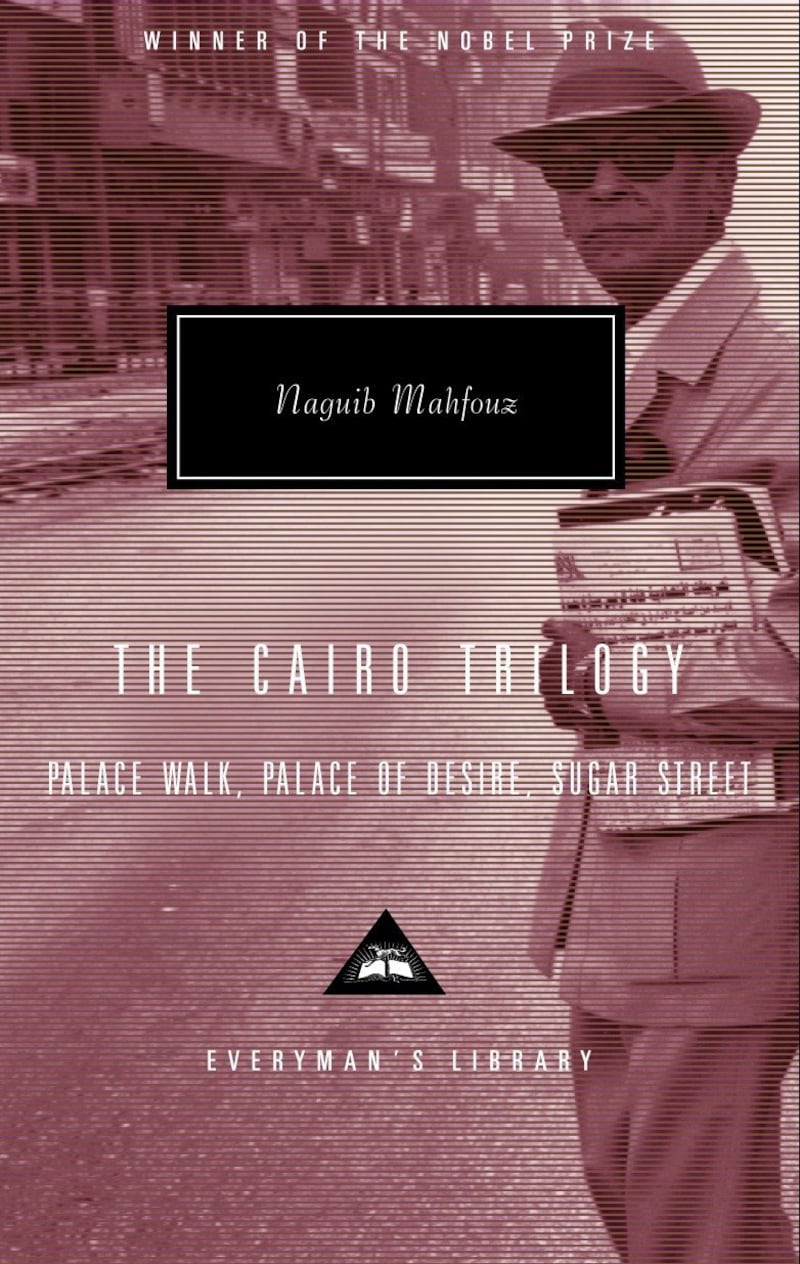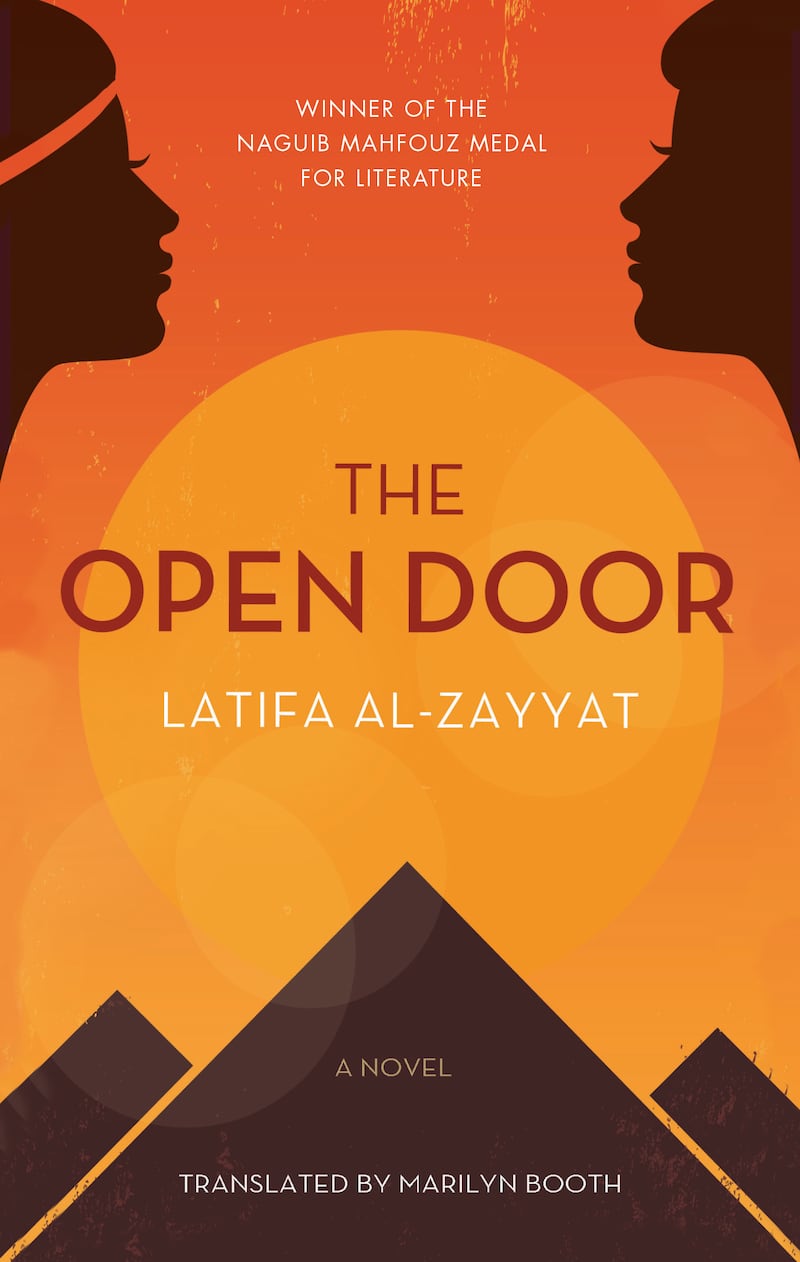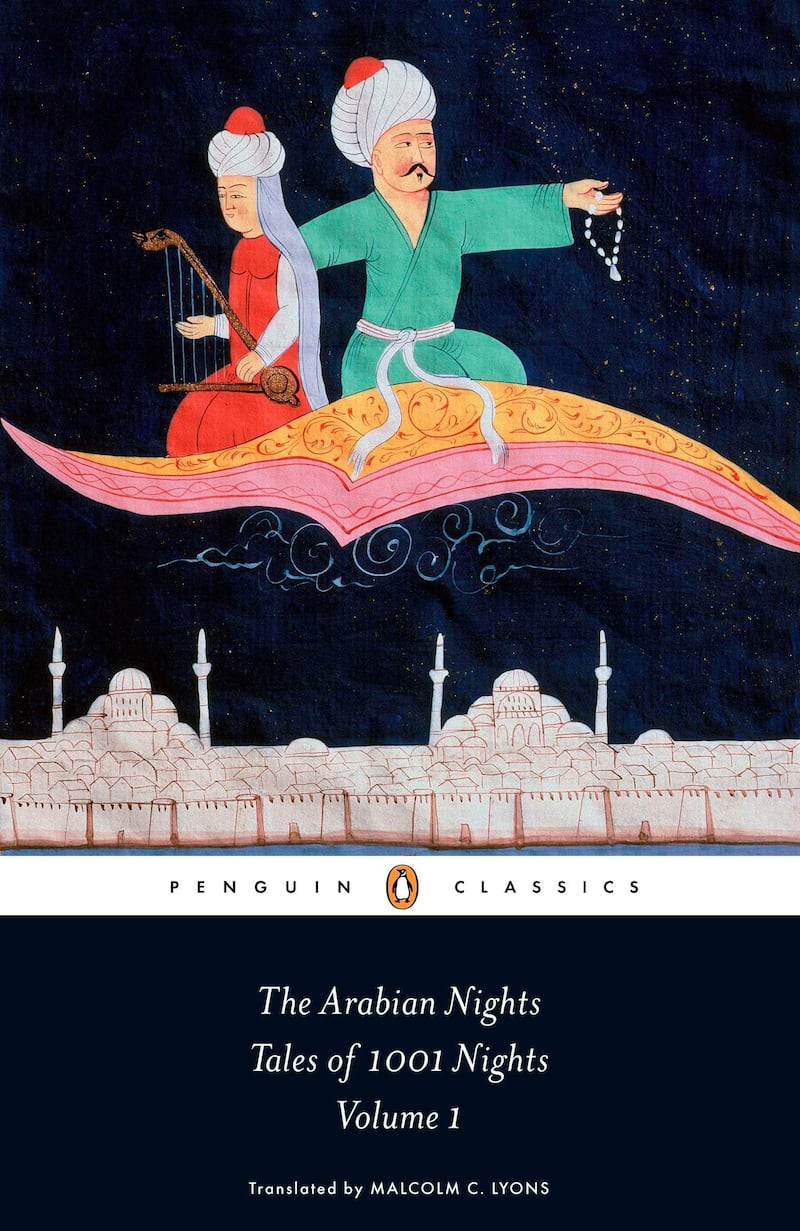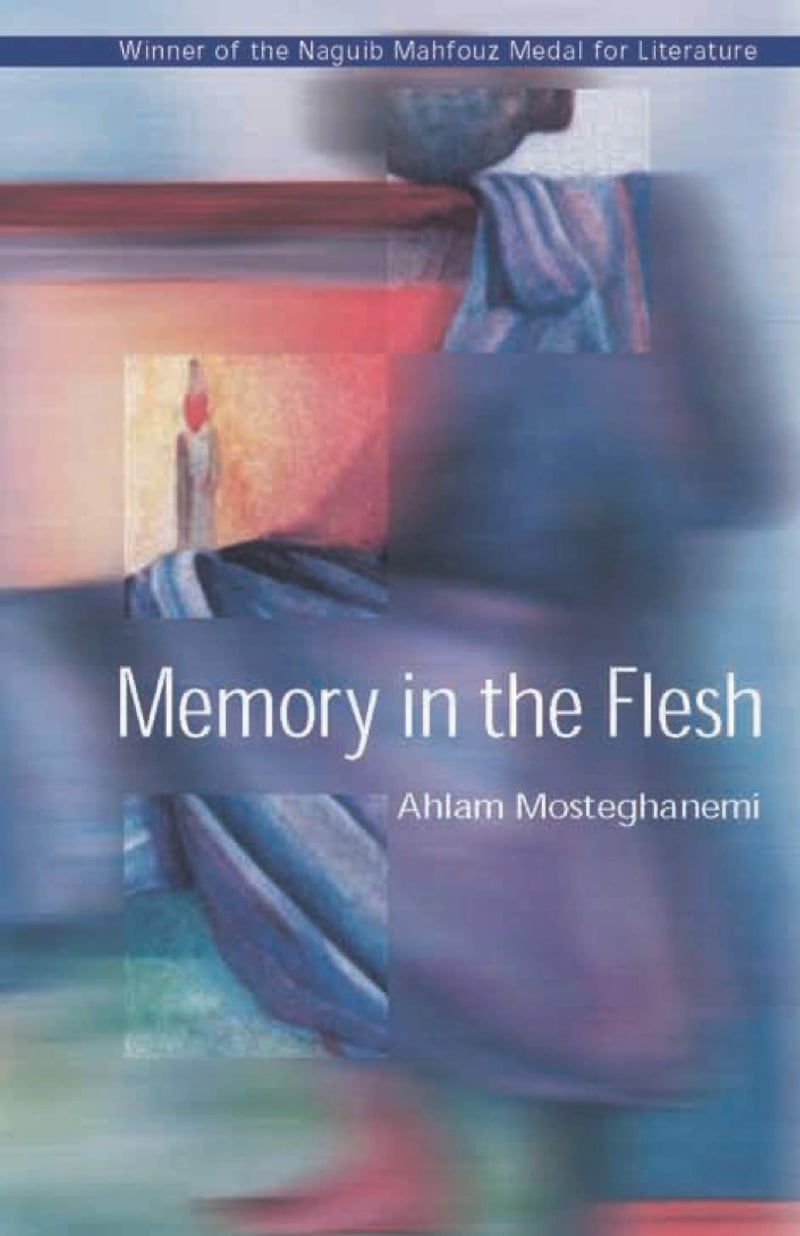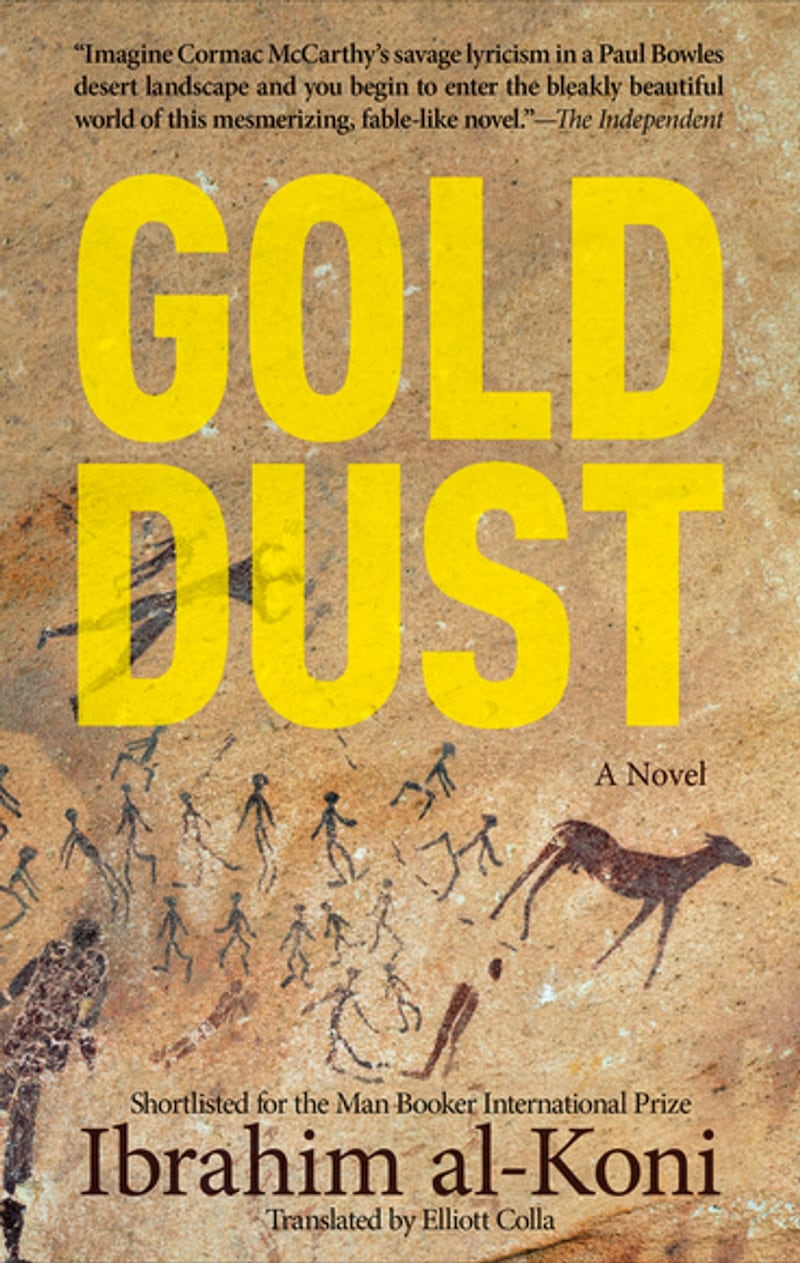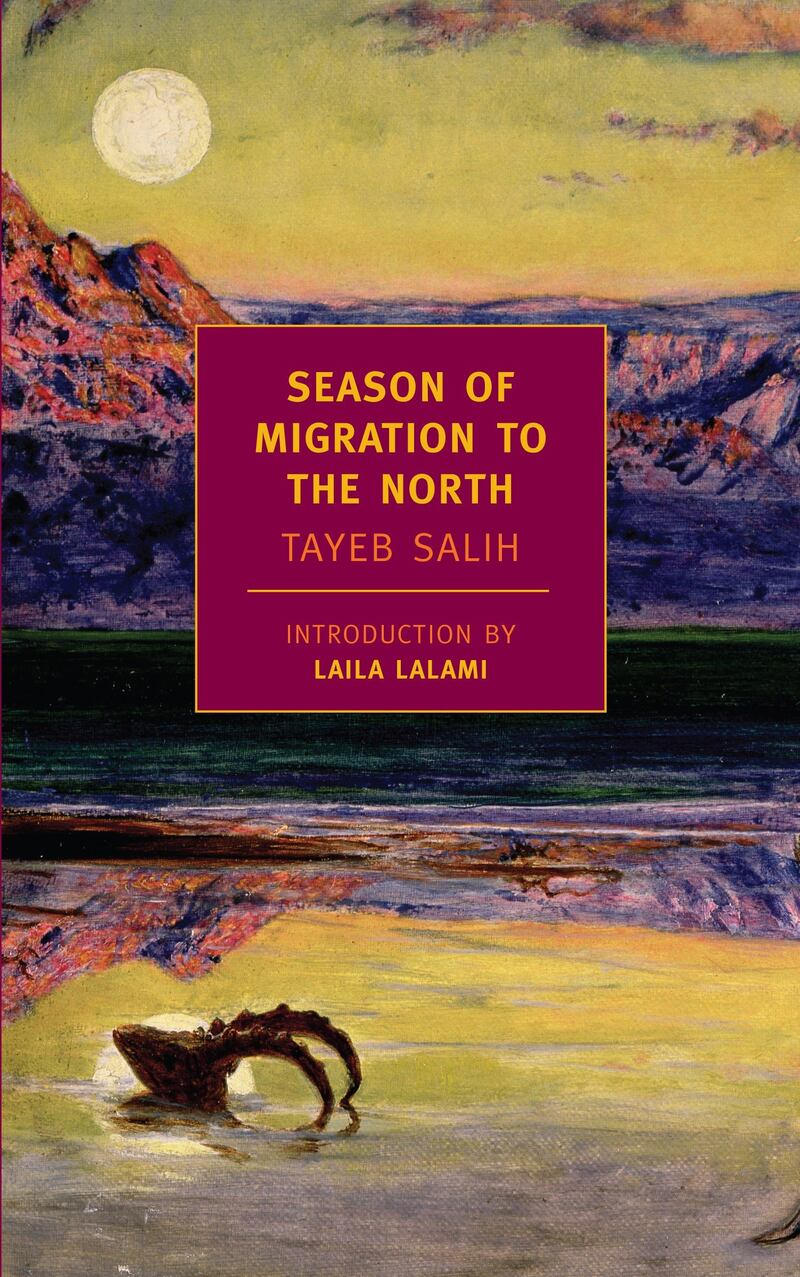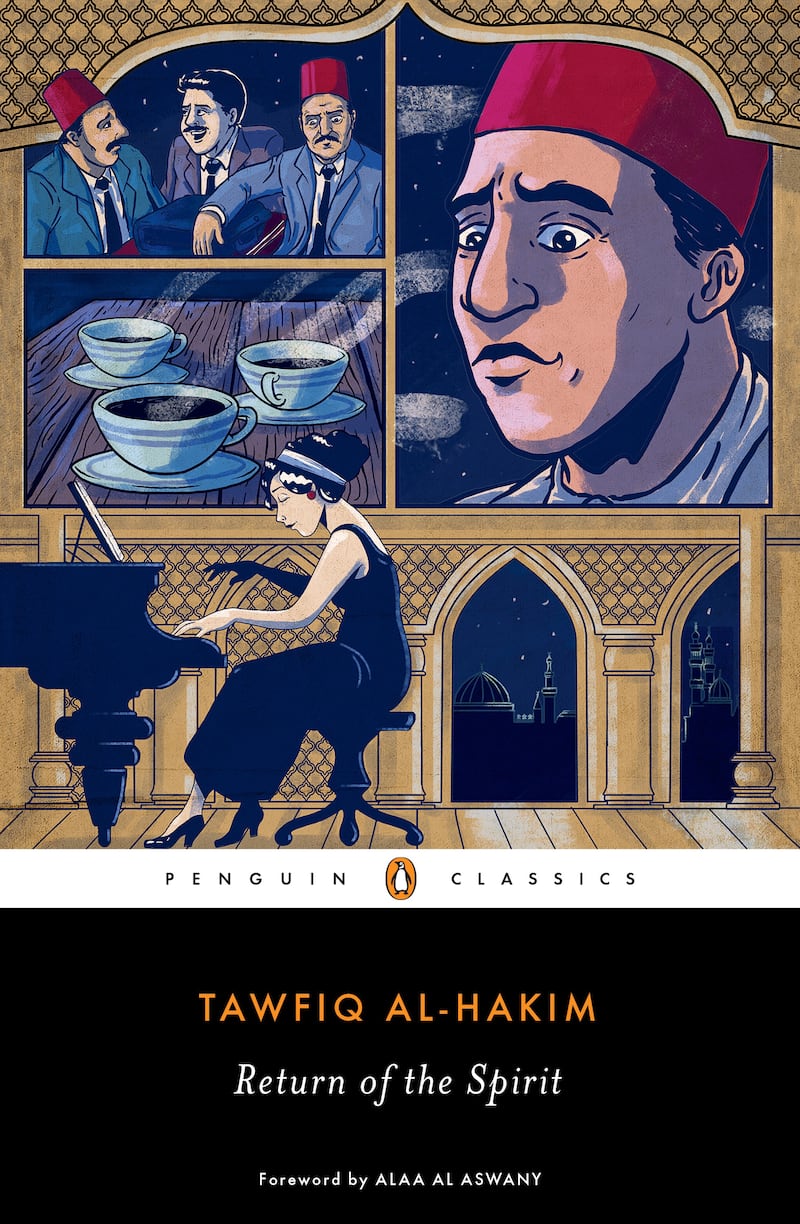A classic novel is one that makes a contribution to literature, whether through style, form or subject matter.
Most importantly, they reflect life, truth and beauty in a universal way.
For those looking to dive into the world through Arabic literature, here are eight to start with.
The Arabian Nights
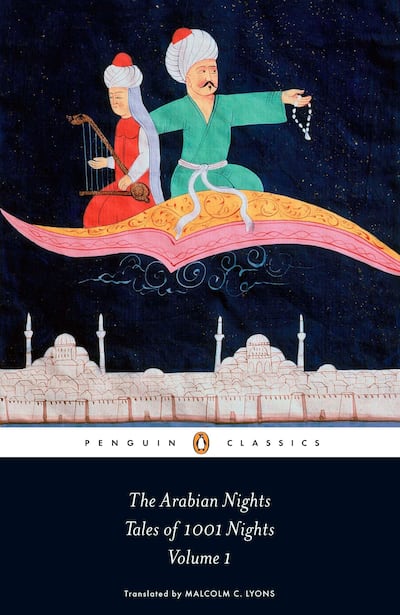
Also known as One Thousand and One Nights or The Arabian Nights' Entertainment, many people have been exposed to this epic and influential work of fiction to some capacity.
A collection of Middle Eastern folk tales, the works have been collected, translated and reimagined by many storytellers and authors across different cultures.
While the origin of some in the collection have been debated by many scholars, the structure of the tale has always been the same. Shahryar is the ruler of a vast and powerful kingdom who, after discovering his wife’s betrayal, kills her and begins a genocide. He marries a new bride every day and on their wedding night, beheads her. Until the intelligent and well-read Shahrazad, daughter of the wazir, offers herself as his next bride with a plan.
On their wedding night, Shahrazad begins to tell Shahryar a story. As the sun starts to rise, the story has reached a cliffhanger and the king, intrigued to know what happens next, postpones her execution to hear the rest of the story the following night.
This continues for 1,001 nights, as Shahrazad weaves story after story, including Aladdin and His Wonderful Lamp, The Seven Voyages of Sinbad the Sailor, Ali Baba and the Forty Thieves together, with the hopes of making the king see the error of his ways.
Return of the Spirit
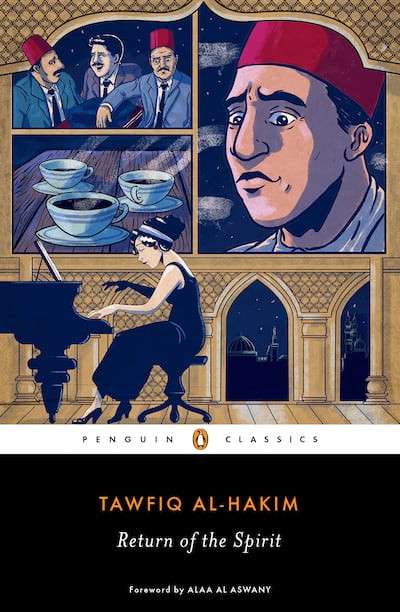
First published in Arabic in 1933, Egyptian playwright and auhtor Tawfiq al-Hakim’s novel is considered his most important work.
The novel follows a patriotic young Egyptian and his extended family as they cope with the social and political events leading up to the 1919 Egyptian Revolution.
Al-Hakim cleverly ties together his protagonist’s eventual enlightenment and a complex love story with the country's own spiritual and political awakening.
The Cairo Trilogy
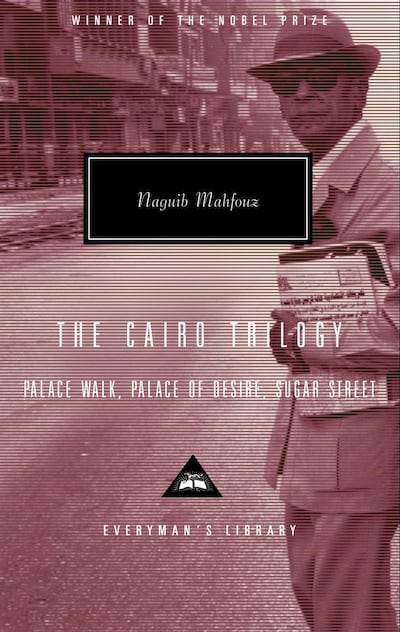
Naguib Mahfouz’s epic trilogy written between 1956 and 57 consists of three novels: Palace Walk, Palace of Desire and Sugar Street.
The saga follows the story of one family in Cairo starting in 1919, the start of the Egyptian Revolution against the British colonisers ruling Egypt and ending in 1944, almost the end of the Second World War.
Starting with the perspective of the patriarch of the Al-Sayyid family, Ahmad Abd al-Jawad, the saga follows his family across three generations, with readers introduced to the rich history of socio-political life in Egypt.
The Open Door
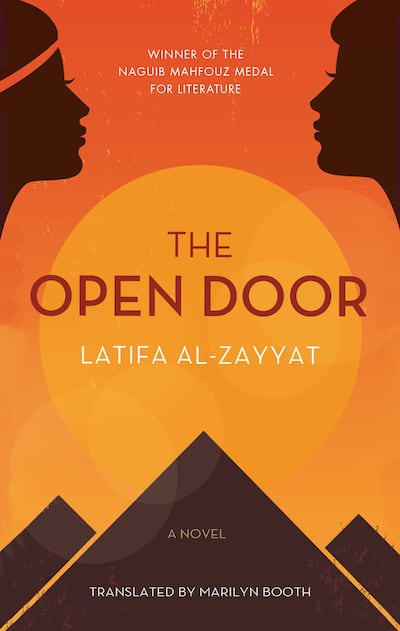
Latifa al-Zayyat’s revolutionary novel was written in 1960 in colloquial Egyptian Arabic. It is a coming-of-age story set against the background of the growing Egyptian nationalist movement before the 1952 revolution.
As Cairo is engulfed by demonstrations against the British, protagonist Layla fights against the social codes and conventions that dictate the lives of all young women, mirroring Egypt’s own struggles to fight off imperialist rule.
Season of Migration to the North
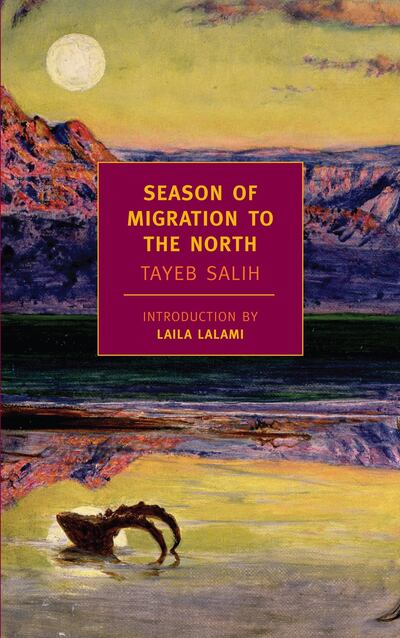
The classic post-colonial Arabic story by Sudanese writer Tayeb Salih, published in 1966, is not only the novel he is best known for, but is considered by many authors and critics as one of the best examples of Arabic fiction.
The story details the conflicts of Sudan and the history of European colonialism through the perspective of an unnamed narrator in the 1950s, who has returned to his Sudanese village on the Nile after completing his doctoral thesis in the UK.
But upon returning, he meets curious character Mustafa Saeed, who tells him of his own harrowing experiences living in London and why he chose to return to Sudan.
As a child of British colonialism and having studied in the UK, his story leaves the unnamed narrator at a loss, trying to make sense of who he is and his place in his homeland.
The Days
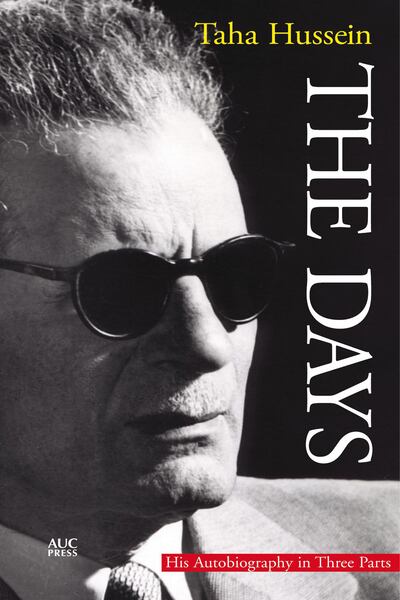
Written and published in three volumes throughout Taha Hussein’s life, The Days is a novelised autobiography by the Egyptian professor.
Beginning with his childhood in a small village, then his studies in Egypt, France and his return home, Hussein’s work deals with themes of ignorance, education and his constant resistance of the status quo, whether in Egypt or abroad.
Filled with detailed and sensory descriptions, Hussein also combines first and third-person narration through a style that marked the start of a new era of modern Arabic writing.
Memory in the Flesh
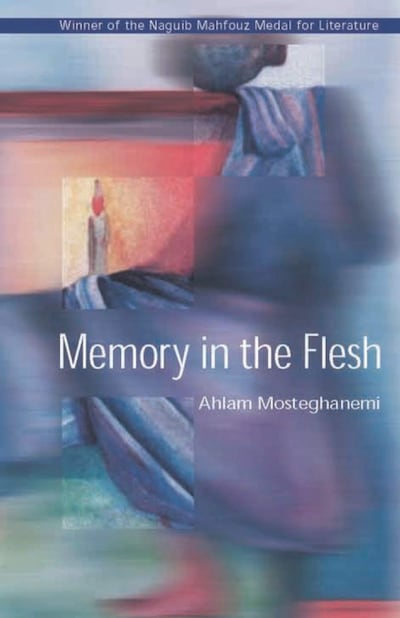
Algerian author Ahlam Mosteghanemi’s novel is considered one of the most important Arabic novels in recent years due to its style and subject matter.
The novel spans more than four decades of Algerian history, from the 1940s to the 1980s. Readers are introduced to the love affair between middle-aged militant Khaled, who becomes a painter after losing his left arm, and Hayat, the daughter of his friend, freedom fighter Si Taher.
Their tumultuous relationship is set against the backdrop of Algeria's struggle against foreign domination while forming its own identity post-independence.
The novel is praised for Mosteghanemi’s style of combining traditional and local storytelling with literary techniques.
Gold Dust
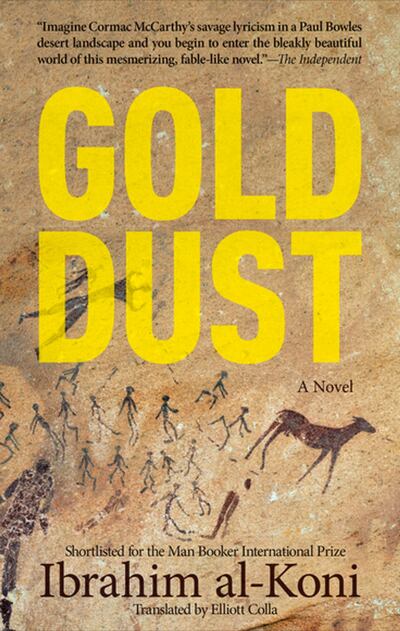
Libyan writer Ibrahim al-Koni’s novel is a thrilling tale that combines philosophy, history, culture and myth through a man’s relationship with his camel.
Ukhayyad and his thoroughbred flee his tribe and are hunted by the family of the man he killed. As he travels across the desolate Tuareg deserts of the Libyan Sahara, there are wars against the Italians in the north and famine raging in the south.
Ukhayyad heads to the caves of Jebel Hasawna and inside, surrounded by the ancient and prophetic cave paintings of ancient hunting scenes, awaits the arrival of his pursuers for a final showdown.
